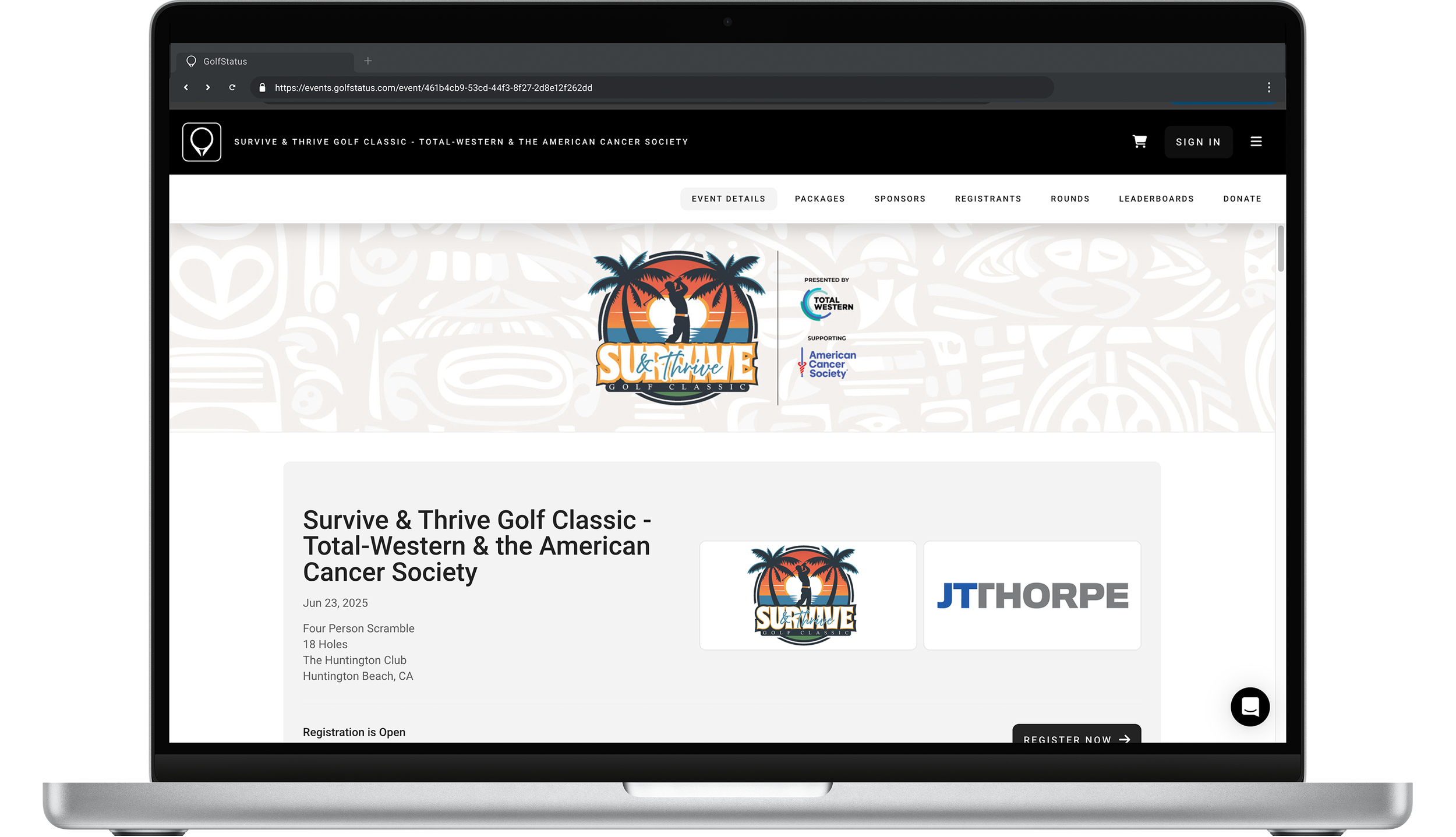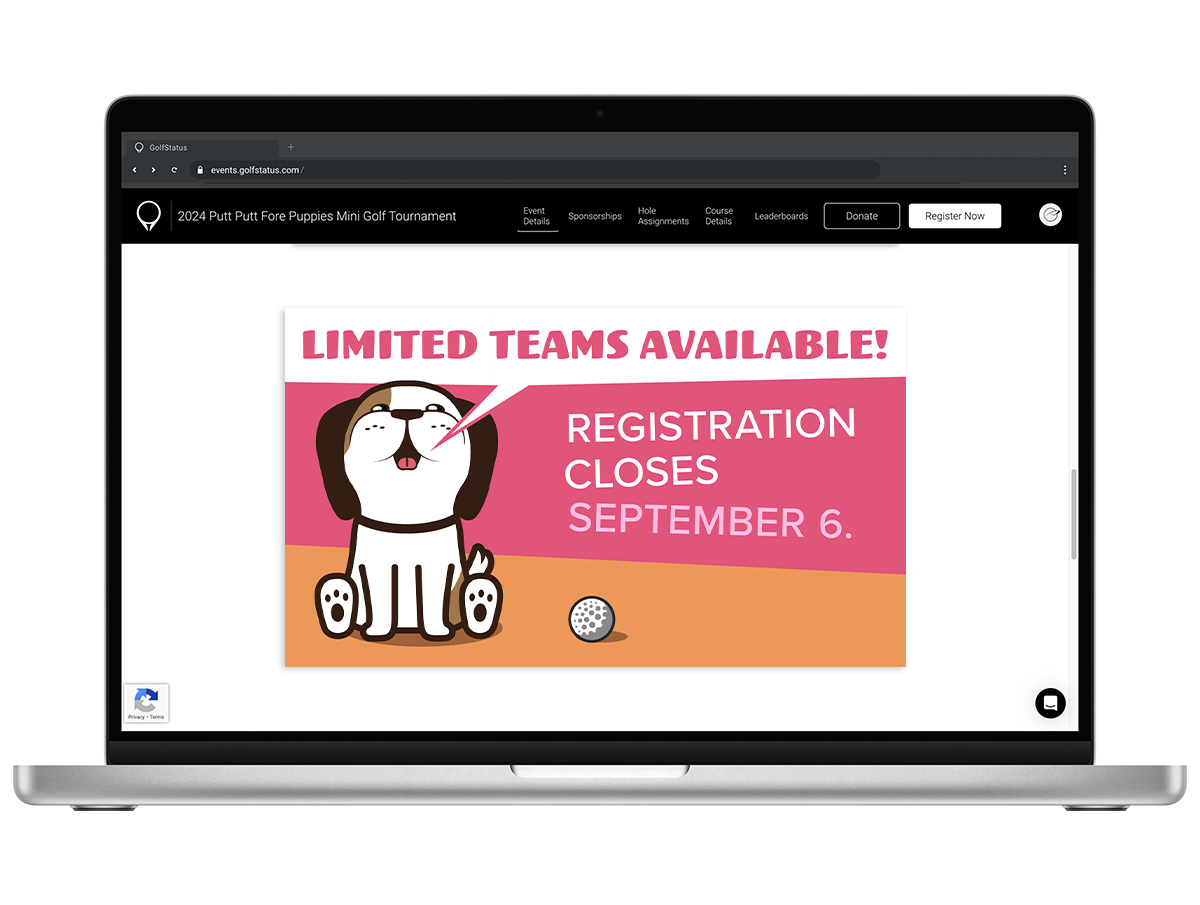Free monthly webinars have reached 9,000 nonprofit professionals with golf fundraising knowledge, CEU credits, and actionable strategies since 2022
Lincoln, NE (September 5, 2025) - GolfStatus, the leading golf event management platform for charity golf tournaments and fundraisers, is proud to celebrate three years of providing free educational webinars designed to help charitable organizations plan, promote, and execute successful golf events.
Since the first webinar in September 2022, nearly 9,000 nonprofit professionals, volunteers, event planners, and industry partners have received valuable insights into golf fundraising. The monthly sessions focus on practical strategies, proven best practices, and actionable ideas that help causes of all types and sizes make the most out of their events, whether they’re hosting their first golf tournament or growing an established outing.
“We started the webinar program with the goal of making golf fundraising knowledge accessible to any nonprofit or tournament planner, regardless of size or resources,” says Ashley Stahr, Chief Marketing Officer at GolfStatus. “Three years later, it’s incredible to see the impact: thousands of nonprofits using golf to raise money, engage supporters, and expand their missions.”
Webinars offered by GolfStatus are:
Free to attend, with no cost to register.
Accessible to all, with every registrant receiving the full session recording.
CFRE (Certified Fund Raising Executive) approved for continuing education units for certification or recertification.
Available on-demand in GolfStatus’ online resource library.
The GolfStatus webinar series has featured tournament planners, fundraising and nonprofit industry experts, and golf professionals who share their experiences and advice on topics such as securing sponsorships, leveraging technology, engaging donors, boosting revenue, and creating memorable experiences for participants.
Register for upcoming sessions or watch recorded webinars at https://golfstatus.com/webinars.
For more information, contact Ashley Stahr at [email protected].
About GolfStatus
GolfStatus helps nonprofits leverage the giving power of golf to raise more dollars, engage supporters, and do more good. Its robust golf event management platform streamlines golf tournaments from start to finish to save time and enhance the overall event experience for golfers, sponsors, and golf facilities. GolfStatus combines powerful technology with practical golf fundraising resources and industry-leading support to make charity golf tournaments easy, approachable, and efficient for organizations of all types and sizes. Visit golfstatus.com.
































